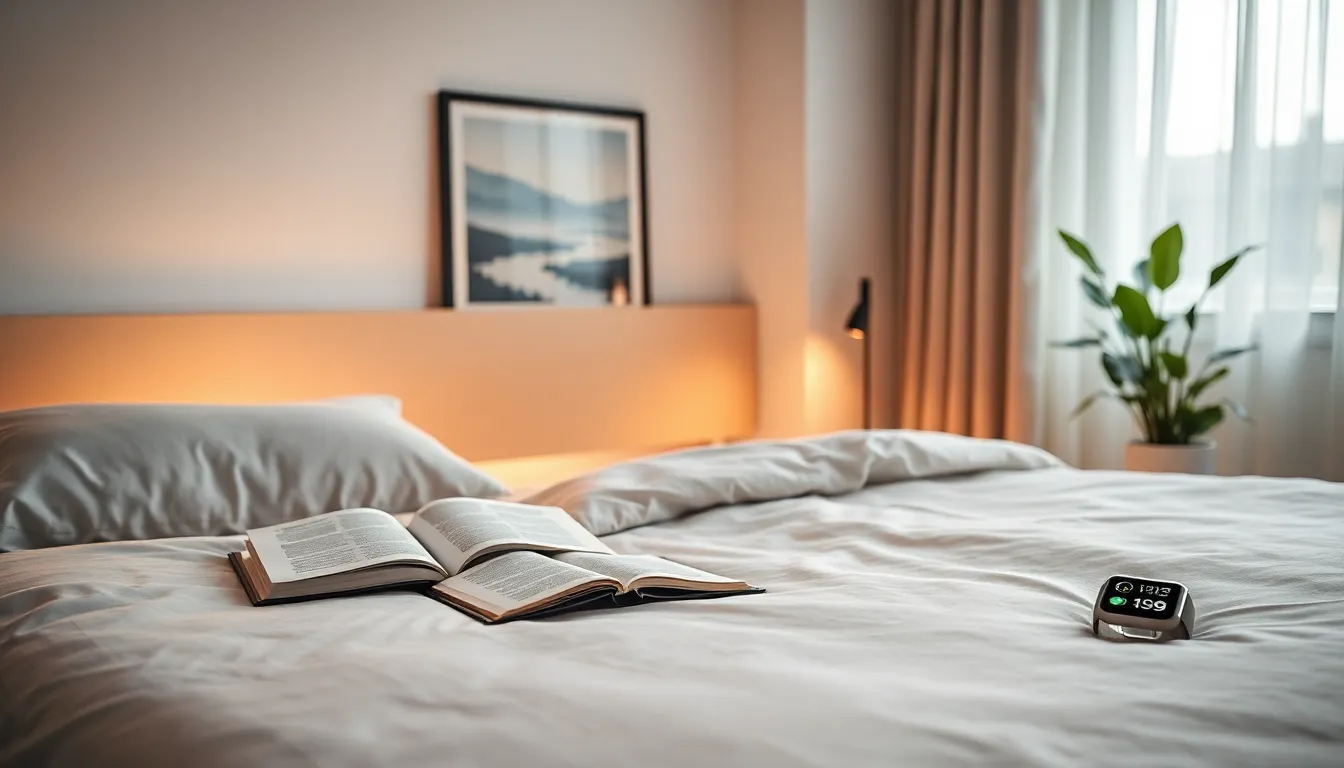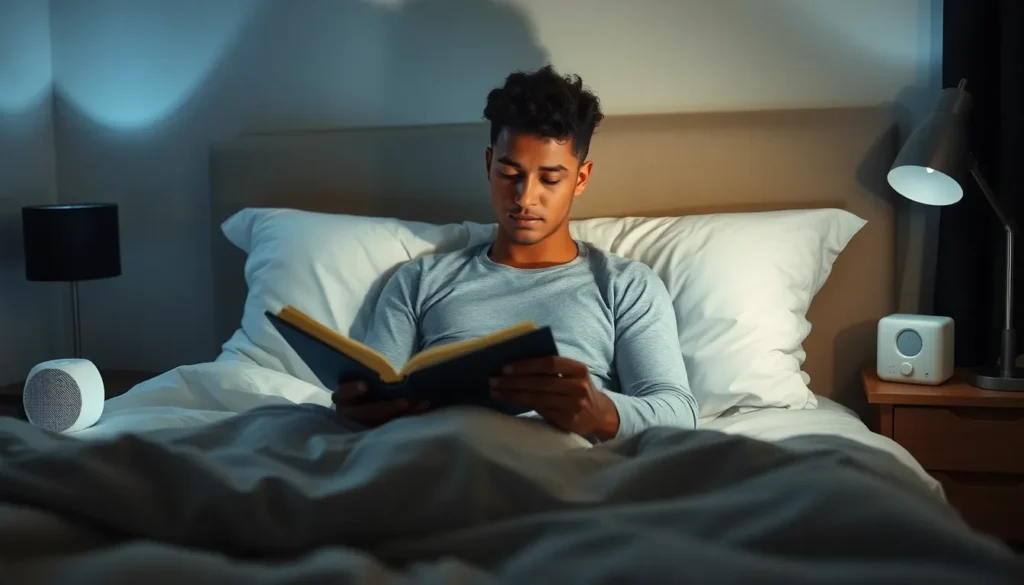If you or someone you know has ADHD, you might already be aware that sleepy time isn’t all fluffy pillows and sweet dreams. Instead, it often feels like trying to catch a bus that never arrives. For those wrestling with ADHD, sleep can be a gargantuan challenge. In this text, we’ll jump into some insightful tips to help navigate the murky waters of ADHD and find that elusive, restful slumber. Buckle up: it’s going to be a bumpy but enlightening ride.
Table of Contents
ToggleUnderstanding ADHD and Sleep Challenges

ADHD, or Attention Deficit Hyperactivity Disorder, affects millions of people, impacting focus, impulse control, and, perhaps most frustratingly, sleep. Sleep disturbances among individuals with ADHD can range from difficulty falling asleep to frequent awakenings during the night, often culminating in a feeling of unrest. Studies show that approximately 50% of people with ADHD complain of sleep-related issues. These problems can partly stem from an overactive mind that can’t seem to wind down when the lights go out. Also, medications intended to manage ADHD symptoms can further complicate sleep patterns. The chaos of a racing mind, combined with the side effects of certain medications, makes achieving restful sleep feel like an unattainable goal. Understanding these challenges is the first step to conquering the ADHD sleep struggle.
The Importance of Sleep for Individuals with ADHD
Sleep is crucial for everyone, but for individuals with ADHD, a good night’s rest can work wonders. Quality sleep enhances cognitive function, boosts emotional regulation, and alleviates impulsivity. In fact, research indicates that a lack of sleep can exacerbate ADHD symptoms, making it even harder to focus, manage emotions, and perform daily tasks. This cycle of poor sleep leading to intensified ADHD symptoms creates a frustrating loop. Adequate sleep can lead to improved attention, better memory retention, and a more balanced mood. Essentially, prioritizing sleep can enhance the overall effectiveness of ADHD treatment plans and significantly improve daily functioning.
Practical Sleep Tips for Better Rest
Finding good sleep habits often requires more than just wishing for a good night’s sleep. Here are practical tips that can help:
Creating a Sleep-Conducive Environment
A serene sleep environment is vital. Dim lights, comfortable bedding, and cool temperatures can set the stage for a peaceful night’s rest. Consider blackout curtains to block out disruptive light or white noise machines to drown out distractions. Eliminating clutter can also ease the mind, aiding relaxation.
Establishing a Consistent Sleep Routine
Regularity is key. Going to bed and waking up at the same time every day helps stabilize the body’s circadian rhythm. This predictability prepares the brain for sleep, making it easier to drift off. Encourage the creation of a bedtime routine that includes calming activities like reading or gentle stretches.
Limiting Screen Time Before Bed
In the digital age, screens are the nemesis of a good night’s sleep. The blue light emitted by devices can disrupt melatonin production, leading to difficulties falling asleep. Aim for screen-free time at least one hour before bedtime. Encouraging activities such as reading a book or listening to calming music can replace screen time and promote relaxation.
Incorporating Relaxation Techniques
Incorporating relaxation techniques such as deep breathing or mindfulness can greatly enhance the quality of sleep. Practices like yoga or meditation help calm racing thoughts, making it easier to transition to sleep. These techniques not only help falling asleep but also improve overall well-being.
Diet and Sleep: Foods That Help and Hinder
The food a person eats can significantly affect sleep quality. For individuals with ADHD, being mindful of diet can lead to better sleep outcomes. Foods rich in magnesium, like spinach and bananas, promote calmer sleep. Similarly, tryptophan-rich foods, such as turkey and nuts, can help regulate sleep patterns.
But, certain foods should be avoided to promote restful sleep. Caffeine-heavy beverages, especially in the afternoon and evening, can wreak havoc on sleep schedules. Also, sugary snacks can lead to temporary energy spikes followed by crashes, making sleep elusive. By choosing a sleep-friendly diet, individuals with ADHD may discover a more consistent sleep pattern.
When to Seek Professional Help
While these tips can greatly improve sleep quality, there are times when seeking professional help is essential. If sleep disturbances continue even though implementing these strategies, it may be worth consulting a healthcare provider. Professional evaluation can help determine underlying sleep disorders or re-evaluate ADHD treatment plans. Sometimes, medications could require adjustments or alternatives explored. Remember, prioritizing health is not just about seeking help but also acknowledging when you need it.






